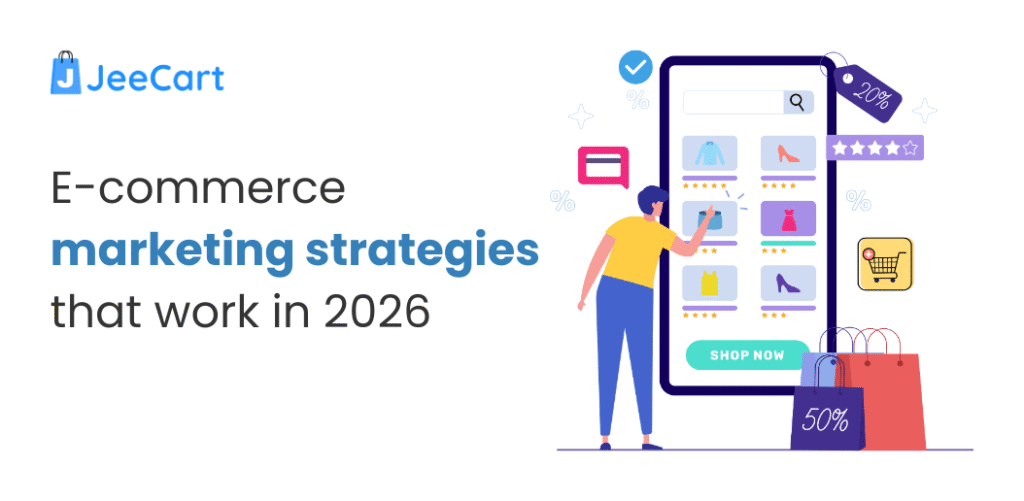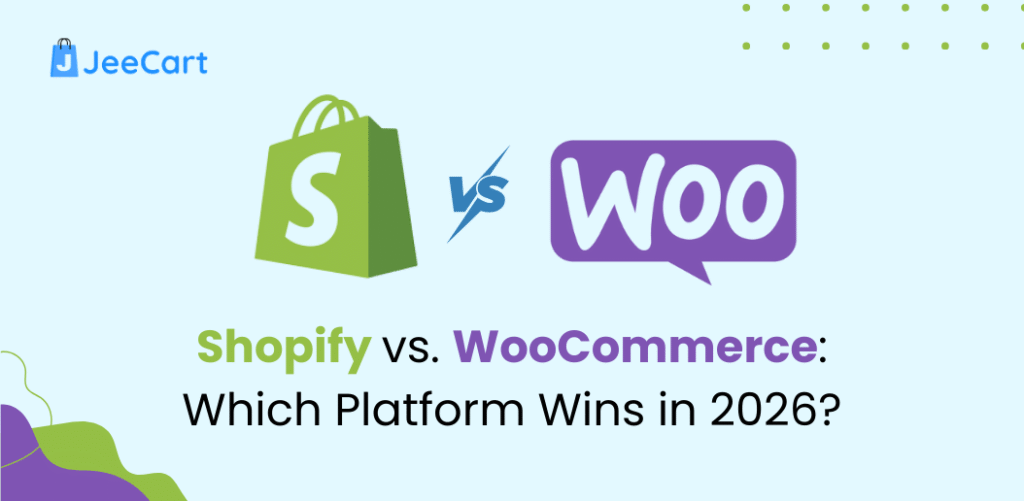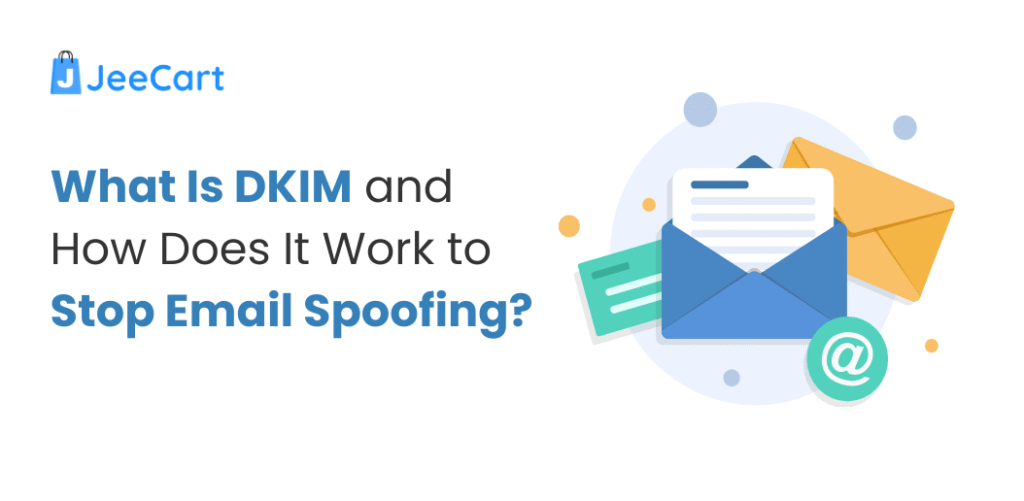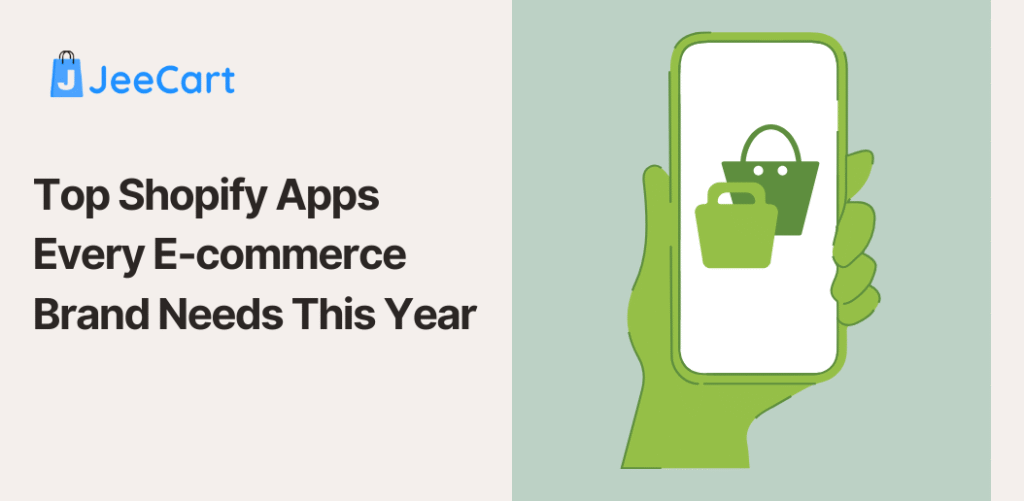Imagine you’re wandering around Soho in London, a vibrant area packed with restaurants, bars, and boutiques.
You spot two eateries side by side.
One has a queue of people eagerly waiting outside, chatting and checking their phones, while the other has only a couple of diners casually sipping coffee.
Without overthinking, you go toward the crowded spot—it must be good if so many people are willing to wait, right? That’s social proof in action.
The buzz created by the crowd draws more people in, turning curiosity into trust. And this same dynamic applies online, where reviews, ratings, and recommendations play a vital role before making a purchase.
Want to know how social proof has changed our shopping patterns? Read our well-crafted blog & find out!
What is Social Proof?
Social proof is people following the actions or opinions of others to make decisions, especially in uncertain situations. It’s like thinking, “If others are doing it or like it, it must be good!”
It’s powerful in marketing, where things like reviews, testimonials, likes, and endorsements influence trust and buying decisions.
Think of it as the natural urge to trust what’s popular or widely accepted.
Effective Social Proof Tactics: 14 Ways to Improve Your eCommerce Business

It’s a psychological concept that taps into our natural tendency to trust the opinions and actions of others, especially when we’re unsure about a decision.
For online retail businesses, utilizing social proof can be incredibly effective. It fosters trust, enhances credibility, and encourages uncertain buyers to click “Buy Now.”
In the upcoming section, we will explore 14 methods to leverage social proof to increase your online sales.
1. Customer Reviews and Ratings
Let’s face it: we all check reviews before buying.
Seeing honest feedback from real customers gives buyers the confidence they need.
- Tip: Feature ratings and reviews prominently on your product pages.
- Example: Amazon nails this with their 5-star system and detailed customer feedback. Seeing hundreds of glowing reviews is often enough to seal the deal.
2. User-Generated Content (UGC)
Nothing’s more convincing than seeing someone like you enjoying a product. Plus, UGC feels authentic because it’s created by actual customers.
- Tip: Encourage buyers to share photos or videos of your products in action.
- Example: Fashion brands like ASOS regularly repost customers’ outfit pics, making others want to join the fun.
3. Celebrity Endorsements
Big names = big influence. When celebs or influencers rave about your product, it can elevate your brand instantly.
- Tip: Collaborate with influencers who align with your brand’s values.
- Example: Skincare brands partner with beauty influencers to highlight their products on platforms like Instagram or TikTok.
4. Social Media Mentions

Ever thought about showcasing how people are talking about your brand in real-time? Social media mentions can be a game-changer.
- Tip: Add a live feed or hashtag gallery to your site.
- Example: Brands like GoPro highlight user posts tagged with #GoPro to build a sense of community.
5. Trust Badges
Would you share your credit card details with a shady-looking site? Probably not. Trust badges can put those worries to rest.
- Tip: Display security certifications like SSL or logos of trusted payment providers.
- Example: A “Secure Checkout” badge featuring Visa, MasterCard, and PayPal icons builds instant reassurance.
6. Customer Testimonials
Hearing how a product solved someone’s problem can be super relatable and convincing.
- Tip: Share written or video testimonials on your homepage or product pages.
- Example: SaaS companies often highlight testimonials from industry leaders to showcase their product’s impact, especially for AI SaaS development solutions that deliver measurable business results.
7. Show Sales Numbers or User Stats
Ever noticed how “Over 1,000,000 copies sold!” makes something more enticing? Numbers speak louder than words.
- Tip: Highlight sales milestones or user counts to emphasize your popularity.
- Example: Use phrases like “Join over 50,000 happy customers!” to build trust.
8. Case Studies
Case studies go beyond testimonials, offering detailed success stories that show how your product works in real life.
- Tip: Create case studies for different customer personas or industries.
- Example: A project management tool might showcase how it helped a small business grow.
9. Social Proof on Checkout Pages
The checkout page is where hesitation peaks. Adding a sprinkle of social proof here can help seal the deal.
- Tip: Include a nudge like “This is one of our most popular items!” on the checkout page.
- Example: Booking.com uses urgency and popularity messaging, like “Only 3 rooms left!”
10. Live Purchase Notifications
A live feed showing real-time purchases taps into FOMO (fear of missing out) and adds a sense of authenticity.
- Tip: Use pop-ups to show who’s recently purchased or signed up.
- Example: “Emma in New York just bought this item!” creates a lively shopping vibe.
11. Influencer Product Reviews

Unboxing videos or honest reviews from influencers? Yes, please! They’re relatable and persuasive.
- Tip: Send free products to influencers and let them share their experiences.
- Example: Beauty brands often collaborate with YouTubers for “First Impressions” videos.
12. Limited-Time Offers With Social Proof
A little urgency goes a long way. Combine it with social proof, and you’re golden.
- Tip: Highlight how many people have already claimed a limited-time deal.
- Example: “Hurry! Over 200 people snagged this offer today!” adds urgency and credibility.
13. Highlight Social Media Followers
A large, active social media following is a digital stamp of approval.
- Tip: Display follower counts and invite visitors to join the community.
- Example: A “Follow us on Instagram” button with follower stats shows people are engaged with your brand.
14. Peer Recommendations
“What do other people like me buy?” Peer recommendations guide shoppers by suggesting popular options.
- Tip: Add a “Customers also bought” section or show trending products.
- Example: Amazon’s “Frequently Bought Together” section helps boost upsells.
Social proof works because it taps into human psychology as we trust the opinions and actions of others. Start weaving these strategies into your eCommerce store today, and watch as your sales and customer trust skyrocket.
How to Ask for Social Proof?
- Identify Happy Customers
Start with customers who’ve already expressed satisfaction. If someone compliments your product or service, it’s the perfect moment to ask. A simple, friendly message like, “We’re thrilled you enjoyed working with us! Would you mind sharing a quick review?” can go a long way.
- Pick the Right Timing
Ask when the experience is still fresh—right after a successful project, a great purchase, or when someone leaves positive feedback. This is when people are most willing to share their thoughts.
- Make It Easy
Provide clear instructions on how and where to leave their feedback. For example, you can say, “You can leave a review on Google here,” or “Feel free to email me a quick note I can share.” Keep it simple to encourage participation.
- Offer Incentives (If Appropriate)
Incentives, like a small discount or exclusive perk, can be a nice thank-you gesture. Just ensure it feels genuine, as authentic social proof is what truly builds trust.
- Show Gratitude
Always thank them for their effort. A quick note like, “Thanks for sharing your thoughts—it means so much!” strengthens your relationship and encourages future support.
By following these steps, gathering social proof can be natural and stress-free!
The Hidden Pitfalls of Social Proof in E-commerce

Social proof has become a key strategy in e-commerce, but like anything, it has its limitations. Here’s why:
-
Over-Saturation: Too Much Social Proof Can Be Overwhelming
Shoppers today are bombarded with evaluations, scores, and endorsements. When everything is categorized as “top-rated,” it may result in a feeling of exhaustion.
For instance, Amazon’s feedback area is packed with numerous opinions, which can occasionally make it challenging for customers to determine which insights are truly beneficial.
-
Fake Reviews and Trust Issues
The increase of fraudulent reviews has damaged the trustworthiness of social proof. Numerous e-commerce platforms, such as major companies like eBay and Amazon have been criticized for allowing fake reviews.
Consumers are increasingly doubtful, pondering if the five-star ratings are authentic or not.
-
One-Size Doesn’t Fit All
Social proof can sometimes fail to resonate with all shoppers. While a glowing review might convince some, others might not care much for user testimonials.
For instance, Nike strategy of showcasing athletes endorsing their products works for some, but not every shopper is influenced by celebrity endorsements.
-
Niche Products Don’t Always Have Social Proof
Smaller or niche products often don’t have enough social proof to influence a potential customer.
For instance, a new tech startup’s unique gadget might not have enough reviews or recommendations, leaving consumers hesitant.
-
Risk of Herd Mentality
Although social proof frequently boosts sales, it can also result in herd behavior, causing consumers to mindlessly follow others.
This occurs during sales events such as Black Friday, when consumers buy items in large quantities merely because they observe others doing so, not necessarily because the product is suitable for them.
In conclusion, although social proof is effective, it is not always fruitful.
At Last,
When it comes to online shopping, social proof resembles the friendly, inviting endorsement from a companion. It’s that slight encouragement we frequently require to feel assured in deciding to buy. Feedback, recommendations, and online discussion all play into our innate desire to fit in and feel secure in our choices. When we see other people showing love for a product, we are more likely to follow suit. It is a powerful reminder that we are not alone in our decisions. Social proof ultimately aims to rebuild the human factor in online shopping experiences, build relationships, and generate trust.
FAQS
Does social proof increase sales?
Absolutely! Research indicates that showing social proof can greatly enhance conversion rates. It leverages the fear of missing out (FOMO) and affects purchasing decisions. Individuals value the perspectives of their peers more than promotional content!
What types of social proof are most effective for e-commerce?
Customer feedback and scores rank highly, yet influencer promotions, content created by users, and testimonials are also highly effective. Experiences from other purchasers in real life resonate the most.
Can social proof backfire?
It can if the testimonials or reviews appear phony or excessively exaggerated. Clients appreciate sincerity and openness, so make sure your social proof remains authentic and reliable. Counterfeit reviews can damage more than assist!
How do I get more social proof for my e-commerce store?
Inspire satisfied customers to write reviews, upload pictures, and tag your shop on social media. You can additionally team up with influencers or initiate a referral program to share the message!
Should I showcase negative reviews?
Certainly! Negative reviews demonstrate your transparency and ability to manage feedback. Additionally, they highlight your favorable reviews more effectively. Addressing complaints also demonstrates your concern for customer satisfaction.




